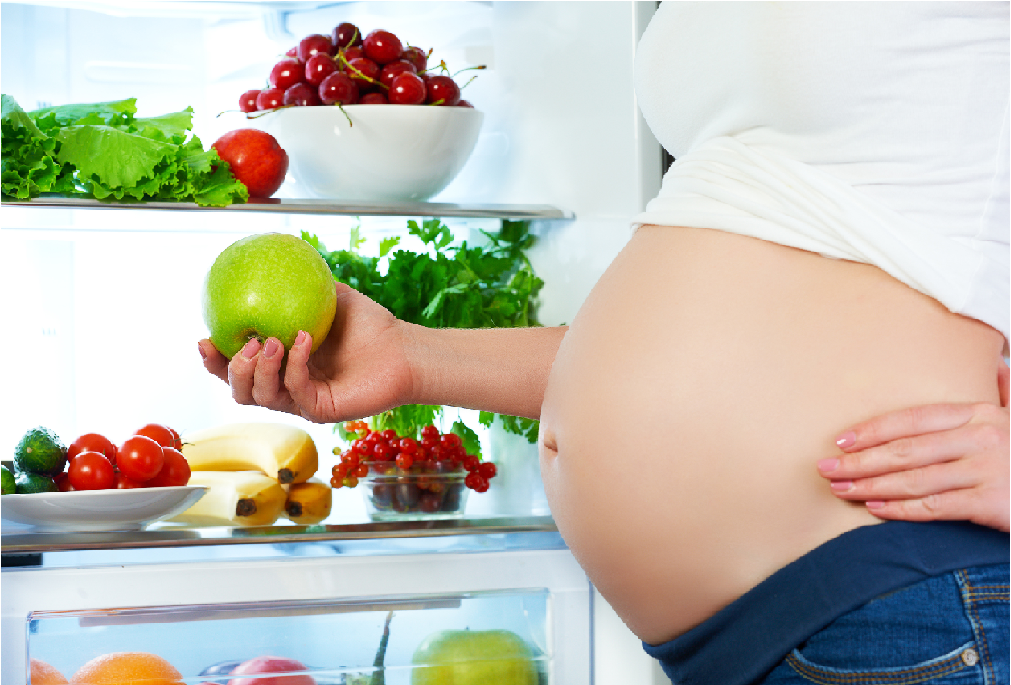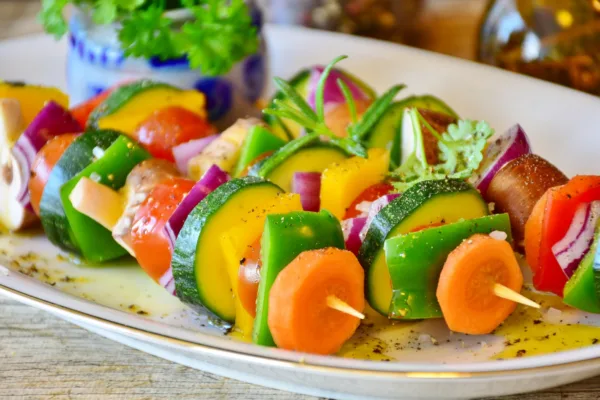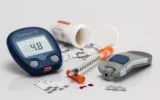Pregnancy is a crucial time for both the mother and the developing baby. During this time, it is important to pay close attention to your diet and make sure you are consuming the right nutrients for a healthy pregnancy. Eating a well-balanced diet can not only help you maintain your own health, but also provide the necessary nutrients for your growing baby.
Here is a comprehensive guide to a well-balanced pregnancy diet for every trimester.
First Trimester (Weeks 1-12)
During the first trimester, it is important to consume enough folate, iron, and calcium. Folate, also known as folic acid, is essential for proper brain development and can reduce the risk of neural tube defects. Good sources of folate include leafy greens, citrus fruits, and legumes. Iron is also important for oxygen transport to the developing fetus and can be found in foods such as red meat, poultry, and iron-fortified cereals. Calcium helps to build strong bones and can be found in dairy products, leafy greens, and almonds.
Second Trimester (Weeks 13-28)
During the second trimester, you may experience increased hunger as your metabolism speeds up and your baby continues to grow. It is important to continue to eat a well-balanced diet, including a variety of fruits, vegetables, whole grains, and lean protein sources. You will also want to increase your intake of iron, calcium, and omega-3 fatty acids. Omega-3 fatty acids, found in fatty fish such as salmon, can help with brain development and may improve eye health.
Third Trimester (Weeks 29-40)
During the third trimester, your baby’s growth will slow down, but their brain development will continue at a rapid pace. It is important to continue to eat a well-balanced diet, including a variety of fruits, vegetables, whole grains, and lean protein sources. You will also want to increase your intake of fiber to help prevent constipation and iron to prevent anemia. Additionally, it is important to increase your fluid intake to stay hydrated and prevent complications such as pre-term labor.
General Pregnancy Diet Tips
- Eat small, frequent meals throughout the day to help manage nausea and prevent overeating.
- Avoid foods that are high in mercury, such as shark, swordfish, king mackerel, and tilefish, as these can harm your developing baby.
- Limit your caffeine intake to 200 milligrams or less per day.
- Avoid alcohol and smoking as these can harm your developing baby.
- Make sure to include protein in every meal and snack, as protein is essential for growth and development.
In conclusion, a well-balanced pregnancy diet is essential for a healthy pregnancy. By consuming the right nutrients and foods, you can help ensure the health of both yourself and your developing baby. Make sure to speak with your healthcare provider if you have any questions or concerns about your pregnancy diet.









